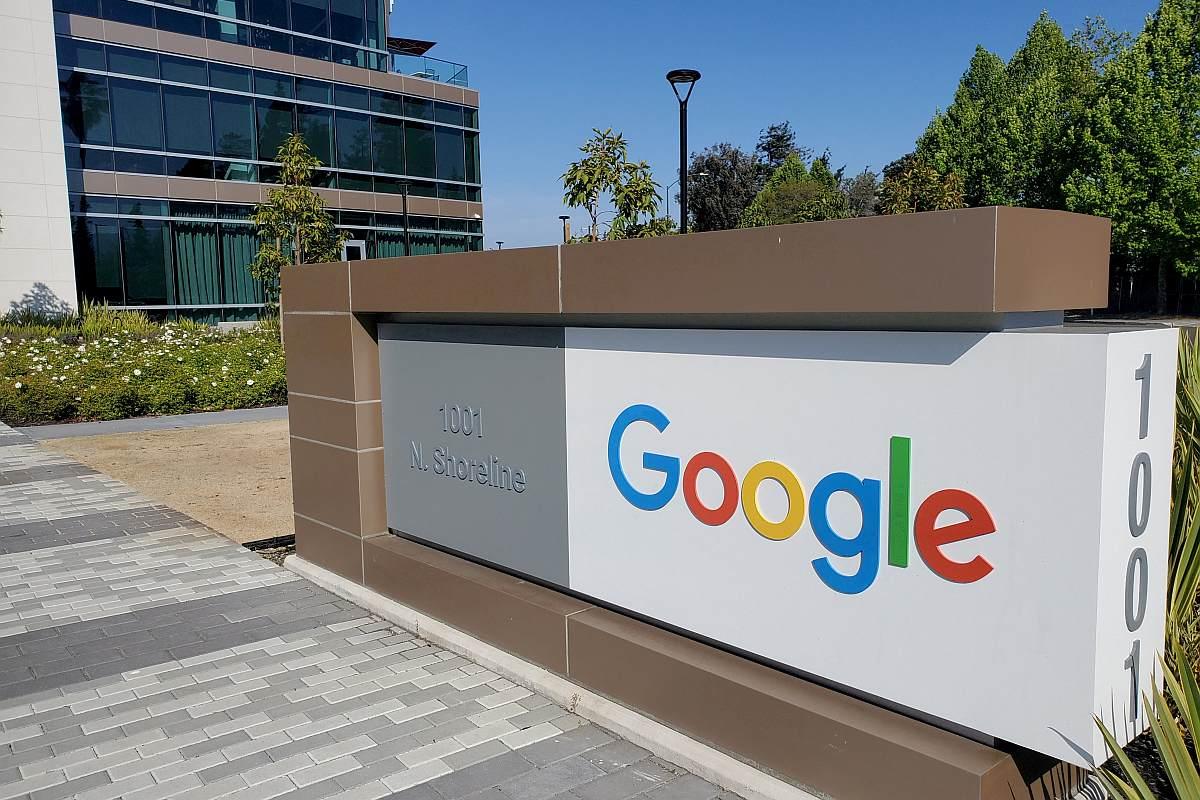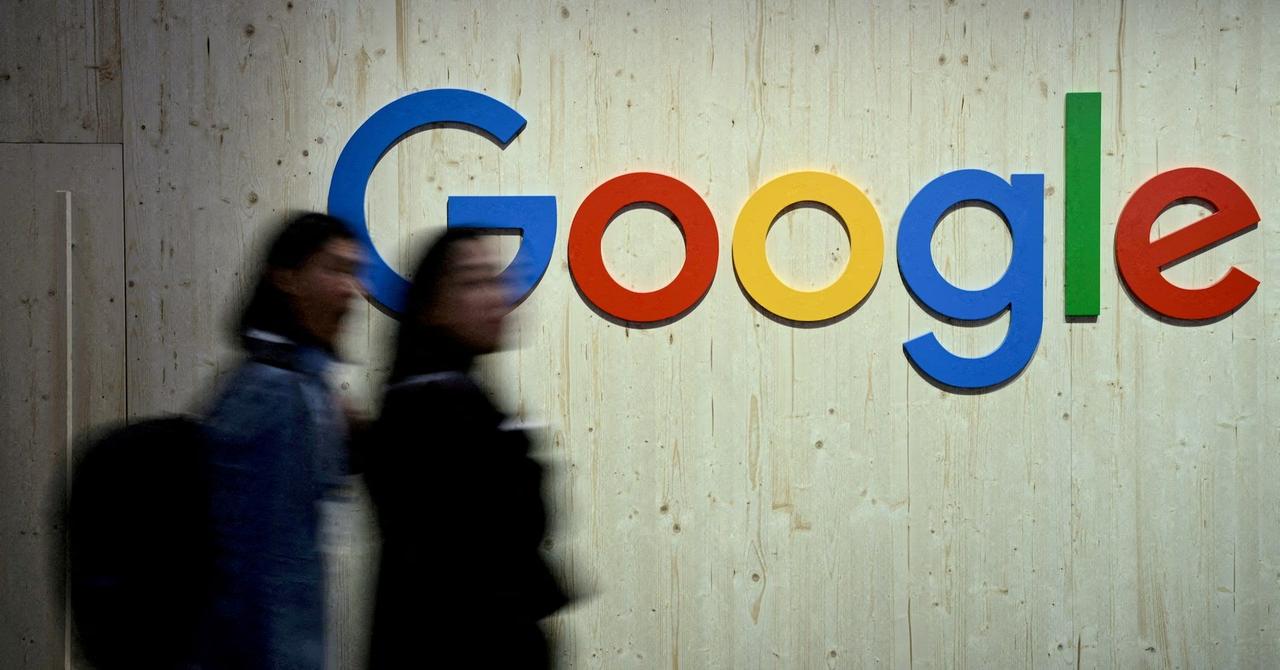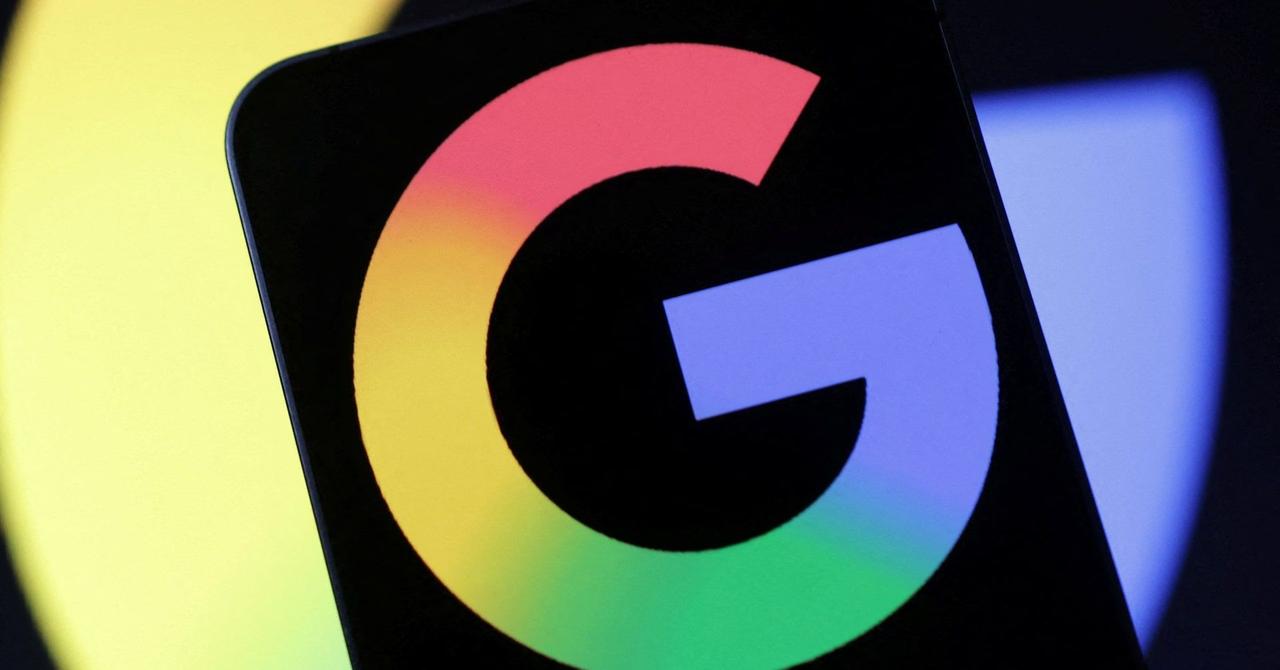Google to Appeal Antitrust Ruling on Search Engine Dominance
5 Sources
5 Sources
[1]
Google says it will appeal online search antitrust decision
May 31 (Reuters) - Alphabet's Google (GOOGL.O), opens new tab on Saturday said it will appeal an antitrust decision under which a federal judge proposed less aggressive ways to restore online search competition than the 10-year regime suggested by antitrust enforcers "We will wait for the Court's opinion. And we still strongly believe the Court's original decision was wrong, and look forward to our eventual appeal," Google said in a post on X, opens new tab. U.S. District Judge Amit Mehta in Washington heard closing arguments on Friday at a trial on proposals to address Google's illegal monopoly in online search and related advertising. In April, a federal judge said that Google illegally dominated two markets for online advertising technology, with the U.S. Department of Justice saying that Google should sell off at least its Google Ad Manager, which includes the company's publisher ad server and its ad exchange. The DOJ and a coalition of states want Google to share search data and cease multibillion-dollar payments to Apple (AAPL.O), opens new tab and other smartphone makers to be the default search engine on new devices. Antitrust enforcers are concerned about how Google's search monopoly gives it an advantage in artificial intelligence products like Gemini and vice versa. John Schmidtlein, an attorney for Google, said at the hearing that while generative AI is influencing how search looks, Google has addressed any concerns about competition in AI by no longer entering exclusive agreements with wireless carriers and smartphone makers including Samsung Electronics (005930.KS), opens new tab, leaving them free to load rival search and AI apps on new devices. Reporting by Rishabh Jaiswal in Bengaluru; Editing by Alistair Bell Our Standards: The Thomson Reuters Trust Principles., opens new tab Suggested Topics:Boards, Policy & RegulationRegulatory Oversight
[2]
Google plans to appeal the antitrust ruling against its search engine dominance
The company argued that the federal court's decision was wrong and would hurt consumers. The complex and consequential antitrust trial against Google and its search engine practices recently heard its closing arguments, and the tech giant is already planning to appeal. In a post made on X, Google confirmed it would file an appeal, explaining that the proposed solutions went too far and "would harm consumers." "We will wait for the Court's opinion," Google wrote. "And we still strongly believe the Court's original decision was wrong, and look forward to our eventual appeal." To challenge Google's dominance of the search engine market, the Department of Justice took on the tech giant by filing a lawsuit back in 2020. The monumental antitrust case has steadily evolved over the years, with the DOJ proposing remedies like Google opening up its search engine tech to licensing, prohibiting agreements with device makers like Apple and Samsung to ensure Google was the default search engine and forcing the sale of the Chrome browser and the open-source Chromium project. According to Google, the Department of Justice's proposed actions would open consumers up to "very real privacy issues," leave the government in charge of user data and help "well-funded competitors." Instead, Google offered to loosen its agreements to allow other search engines on devices and create an oversight committee to monitor the company's activities. Since then, the federal judge presiding over the case, Amit Mehta of the US District Court for the District of Columbia, ruled in August 2024 that Google had an illegal monopoly of the search engine market. The judge agreed with the DOJ that Google owning the Chrome browser gives it an unfair advantage since it could use its search engine advantage to drive more traffic and generate more revenue for the company. The end result of this antitrust trial could have serious implications for the future of AI, which is closely tied to the search engine market. According to Google, this ruling could allow other companies with AI chatbots to step in and dominate the search engine market instead. During the trial, Nick Turley, an OpenAI executive, testified that the company would be interested in buying Chrome if Google was forced to sell it.
[3]
Google Says It Will Appeal Online Search Antitrust Decision
Google's attorney said its addressed any concerns about competition in AI Alphabet's Google on Saturday said it will appeal an antitrust decision under which a federal judge proposed less aggressive ways to restore online search competition than the 10-year regime suggested by antitrust enforcers "We will wait for the Court's opinion. And we still strongly believe the Court's original decision was wrong, and look forward to our eventual appeal," Google said in a post on X. US District Judge Amit Mehta in Washington heard closing arguments on Friday at a trial on proposals to address Google's illegal monopoly in online search and related advertising. In April, a federal judge said that Google illegally dominated two markets for online advertising technology, with the US Department of Justice saying that Google should sell off at least its Google Ad Manager, which includes the company's publisher ad server and its ad exchange. The DOJ and a coalition of states want Google to share search data and cease multibillion-dollar payments to Apple and other smartphone makers to be the default search engine on new devices. Antitrust enforcers are concerned about how Google's search monopoly gives it an advantage in Artificial Intelligence (AI) products like Gemini and vice versa. John Schmidtlein, an attorney for Google, said at the hearing that while generative AI is influencing how search looks, Google has addressed any concerns about competition in AI by no longer entering exclusive agreements with wireless carriers and smartphone makers including Samsung Electronics, leaving them free to load rival search and AI apps on new devices. © Thomson Reuters 2025
[4]
Google says it will appeal online search antitrust decision
Google plans to appeal the antitrust decision regarding its online search monopoly, disagreeing with the court's initial ruling. While awaiting the court's opinion, Google maintains its stance. The Justice Department seeks measures like data sharing and ending default search engine payments to Apple, concerned about Google's AI advantage.Alphabet's Google on Saturday said it will appeal an antitrust decision under which a federal judge proposed less aggressive ways to restore online search competition than the 10-year regime suggested by antitrust enforcers "We will wait for the Court's opinion. And we still strongly believe the Court's original decision was wrong, and look forward to our eventual appeal," Google said in a post on X. US District Judge Amit Mehta in Washington heard closing arguments on Friday at a trial on proposals to address Google's illegal monopoly in online search and related advertising. In April, a federal judge said that Google illegally dominated two markets for online advertising technology, with the US Department of Justice saying that Google should sell off at least its Google Ad Manager, which includes the company's publisher ad server and its ad exchange. The DOJ and a coalition of states want Google to share search data and cease multibillion-dollar payments to Apple and other smartphone makers to be the default search engine on new devices. Antitrust enforcers are concerned about how Google's search monopoly gives it an advantage in artificial intelligence products like Gemini and vice versa. John Schmidtlein, an attorney for Google, said at the hearing that while generative AI is influencing how search looks, Google has addressed any concerns about competition in AI by no longer entering exclusive agreements with wireless carriers and smartphone makers including Samsung Electronics, leaving them free to load rival search and AI apps on new devices.
[5]
Google says it will appeal online search antitrust decision
(Reuters) -Alphabet's Google on Saturday said it will appeal an antitrust decision under which a federal judge proposed less aggressive ways to restore online search competition than the 10-year regime suggested by antitrust enforcers "We will wait for the Court's opinion. And we still strongly believe the Court's original decision was wrong, and look forward to our eventual appeal," Google said in a post on X. U.S. District Judge Amit Mehta in Washington heard closing arguments on Friday at a trial on proposals to address Google's illegal monopoly in online search and related advertising. In April, a federal judge said that Google illegally dominated two markets for online advertising technology, with the U.S. Department of Justice saying that Google should sell off at least its Google Ad Manager, which includes the company's publisher ad server and its ad exchange. The DOJ and a coalition of states want Google to share search data and cease multibillion-dollar payments to Apple and other smartphone makers to be the default search engine on new devices. Antitrust enforcers are concerned about how Google's search monopoly gives it an advantage in artificial intelligence products like Gemini and vice versa. John Schmidtlein, an attorney for Google, said at the hearing that while generative AI is influencing how search looks, Google has addressed any concerns about competition in AI by no longer entering exclusive agreements with wireless carriers and smartphone makers including Samsung Electronics, leaving them free to load rival search and AI apps on new devices. (Reporting by Rishabh Jaiswal in Bengaluru; Editing by Alistair Bell)
Share
Share
Copy Link
Google announces plans to appeal a federal judge's antitrust decision regarding its search engine monopoly, arguing against proposed remedies and defending its competitive practices in the evolving AI landscape.
Google's Stance on Antitrust Ruling
Google has announced its intention to appeal a recent antitrust decision regarding its dominance in the online search market. The tech giant strongly disagrees with the federal court's original ruling, stating, "We still strongly believe the Court's original decision was wrong, and look forward to our eventual appeal"
1
. This decision comes after U.S. District Judge Amit Mehta heard closing arguments in a trial addressing Google's alleged illegal monopoly in online search and related advertising2
.
Source: Gadgets 360
Proposed Remedies and Google's Response
The U.S. Department of Justice (DOJ) and a coalition of states have proposed several remedies to address Google's market dominance:
- Sharing of search data
- Cessation of multibillion-dollar payments to Apple and other smartphone makers for default search engine status
- Potential sale of Google Ad Manager
- Licensing of search engine technology
- Prohibition of agreements with device makers like Apple and Samsung
- Forced sale of the Chrome browser and Chromium project
3
Google argues that these proposed solutions are too aggressive and could harm consumers. The company claims that such actions would lead to "very real privacy issues," leave the government in charge of user data, and potentially benefit well-funded competitors
2
.Related Stories
AI Implications and Competitive Landscape

Source: Engadget
The antitrust case has significant implications for the future of artificial intelligence (AI) and its relationship with the search engine market. Antitrust enforcers have expressed concerns about how Google's search monopoly provides an advantage in AI products like Gemini, and vice versa
4
.In response to these concerns, John Schmidtlein, an attorney for Google, stated that the company has addressed competition issues in AI by:
- No longer entering exclusive agreements with wireless carriers and smartphone makers
- Allowing device manufacturers to load rival search and AI apps on new devices
5
The outcome of this antitrust trial could potentially reshape the competitive landscape in both search and AI technologies. During the trial, an OpenAI executive testified that the company would be interested in purchasing Chrome if Google were forced to sell it, highlighting the interconnected nature of search, browsers, and AI technologies
2
.As the legal battle continues, the tech industry and regulators will be closely watching the developments, which could have far-reaching consequences for the future of online search, advertising, and artificial intelligence.

Source: Reuters
References
Summarized by
Navi
[3]
[5]
Related Stories
Google's Search Monopoly Faces Scrutiny as AI Reshapes the Web
30 May 2025•Policy and Regulation

Google Escapes Major Breakup in Landmark Antitrust Ruling, Required to Share Search Data
03 Sept 2025•Policy and Regulation

US Government Proposes Sweeping Measures to Curb Google's Search Dominance and AI Advancements
09 Oct 2024•Policy and Regulation

Recent Highlights
1
ByteDance's Seedance 2.0 AI video generator triggers copyright infringement battle with Hollywood
Policy and Regulation

2
Demis Hassabis predicts AGI in 5-8 years, sees new golden era transforming medicine and science
Technology

3
Nvidia and Meta forge massive chip deal as computing power demands reshape AI infrastructure
Technology





